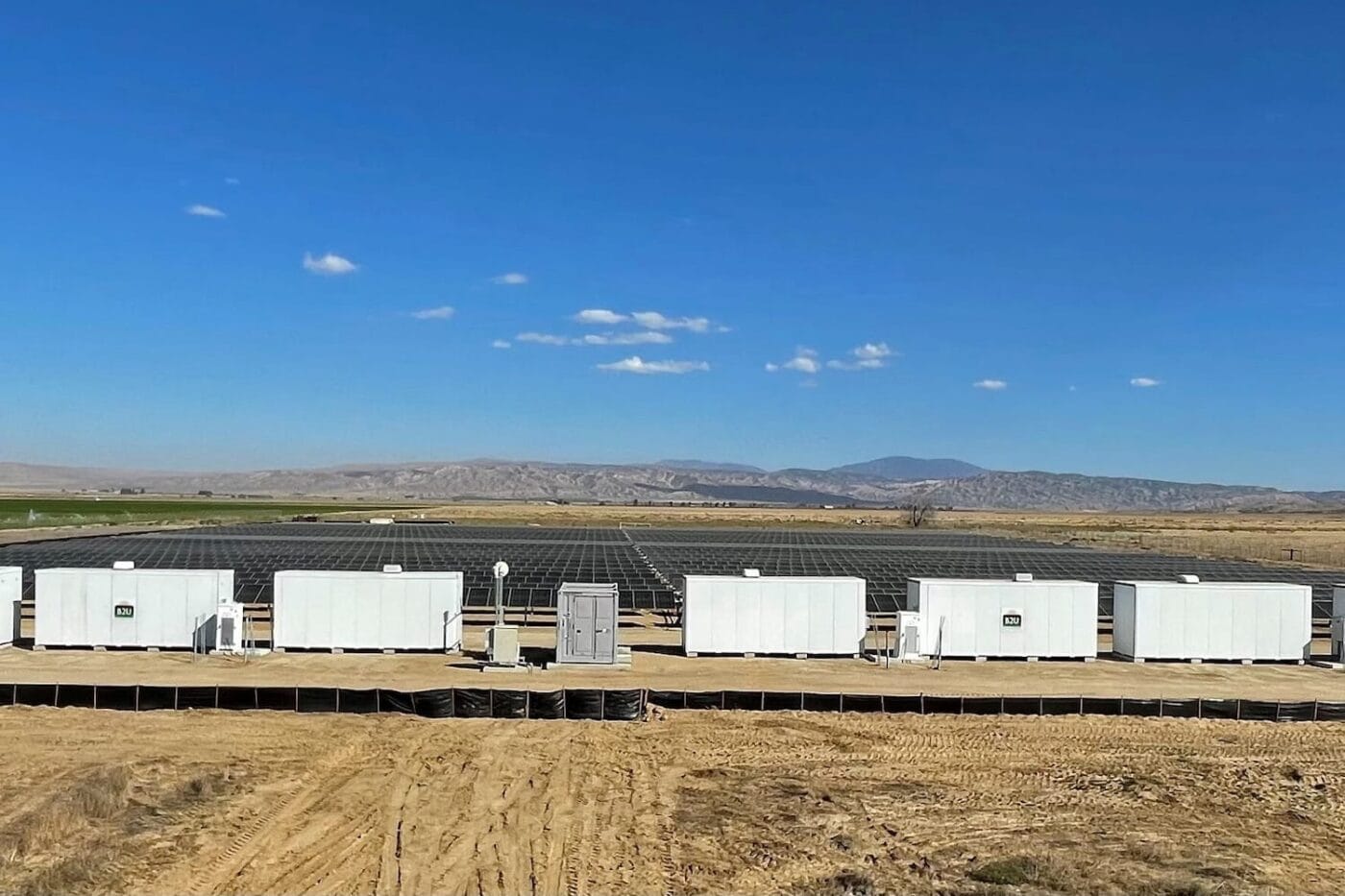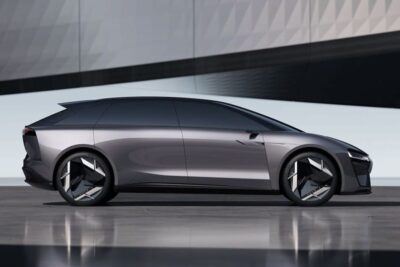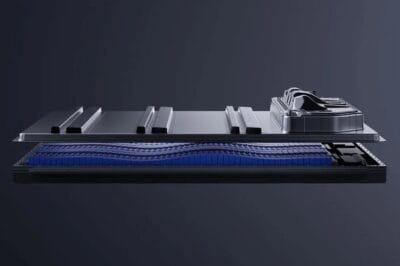B2U Storage Solutions announces plans for second-life storage facilities in Texas
B2U Storage Solutions has already proven that its approach to second-life battery storage systems works by setting up a solar and energy storage system in Lancaster, California, which utilises 1,300 used battery packs from electric vehicles, specifically from Honda and Nissan electric cars. The storage system has an energy content of 25 MWh. Other smaller projects in California followed later.
Four plants around San Antonio
Now, B2U Storage Solutions wants to scale up the business model and is planning to set up four large battery storage facilities with second-life batteries near the Texas city of San Antonio over the next twelve months. Together, these are expected to have a storage capacity of 100 MWh. B2U has already started construction of the first facility in Bexar County near San Antonio.
The company considers Texas a very suitable location, as there are already many solar parks. Once commissioned, B2U’s systems can store electricity at times of day when the state’s huge solar plants are running at full capacity and prices are low, and feed it back into the grid at times when there is little sun and peak demand. On the one hand, the battery storage systems have a stabilising effect on the grid and on the other, good money can be earned from the price differences. “Texas has been a very strong market with ever more volatility,” said CEO Freeman Hall to Canary Media. “And that’s the strength of storage: they use volatile conditions to their advantage.”
Better durability than expected
Another exciting question is how long second-life batteries from electric cars will last during daily charging and discharging. B2U’s first project in Lancaster, California, was initially designed to get 2,000 charge cycles out of the first batch of early Nissan Leaf batteries, says CEO Hall, but these batteries have now exceeded this target.
Another positive aspect is that of the 2,000 battery packs that B2U has installed in stationary storage units to date, technicians have only had to remove a single-digit number for maintenance work, says Hall. This has given the company the confidence to use the batteries a little more intensively. Thanks to real-time monitoring of the batteries, B2U is also “not as concerned about degrading the batteries,” Hall continues: “They’re turning out to be pretty strong workhorses that don’t degrade as people thought they might.”





0 Comments